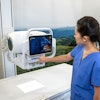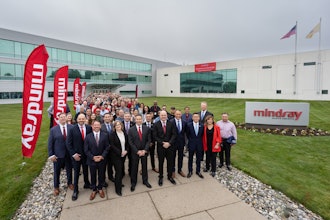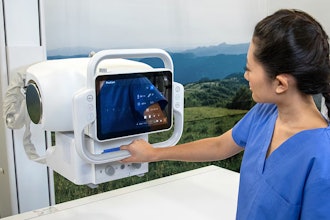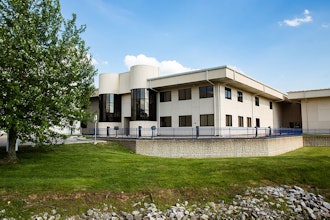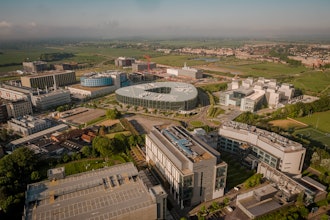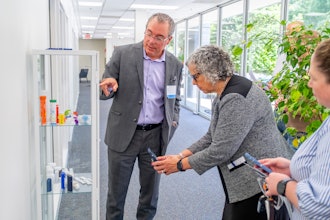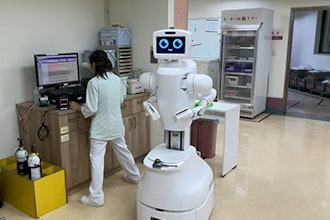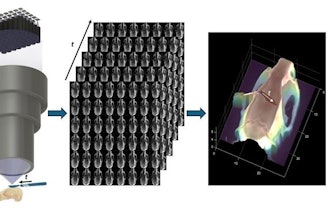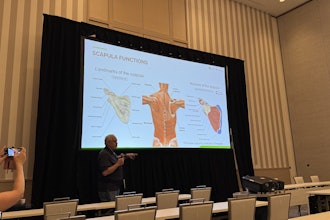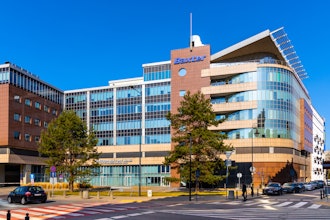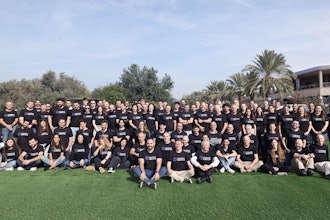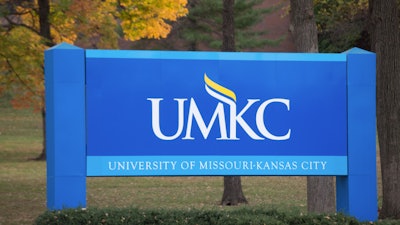
KANSAS CITY, Mo. (AP) — A Missouri graduate who said his professor stole his invention for a drug delivery system will share in its profits under a settlement that also gives the University of Missouri System a cut of the revenue.
Kishore Cholkar will get at least $1.4 million under the settlement for research done while he was working toward a doctorate at the University of Missouri-Kansas City, the Kansas City Star reported, citing a redacted copy of the agreement it obtained through an open records request.
Before the settlement, Cholkar had stood to collect nothing from his invention of nanotechnology that delivers drops to the back of the eye. It is one of the leading treatments for dry eye, a growing market segment that garnered $5 billion in sales in 2019.
The university announced the settlement in December but did not disclose the terms. The deal ended a nearly two-year court battle by the university against former professor Ashim Mitra; the drug development company, Auven Therapeutics Management; and the manufacturer that brought Cequa to market, Sun Pharmaceutical Industries.
The lawsuit contended that the former professor sold the technology to a drug development company without the knowledge of Cholkar or the university, which also had an ownership interest.
Cholkar’s $1.4 million will come out of the $6.45 million that the university was set to receive over the next five years, after which they will share in future revenues, the newspaper reported.
The settlement also allows Mitra to share in future profits from the sale of the drug. The lawsuit said he had been paid $1.5 million for his work when it was filed in February 2019 and had the potential to earn $10 million more.
Mitra must pay some portion of his royalties to the university system, but those numbers were redacted. His attorney and the university declined to comment. An attorney for Cholkar did not respond to a request for comment.
The university claimed in its lawsuit that Mitra stole Cholkar’s work and put his own name on the patent application. Mitra issued a statement when the lawsuit was filed saying the invention was conceptualized and produced by himself and its rightful co-creators.
Mitra resigned from the university in 2019.



